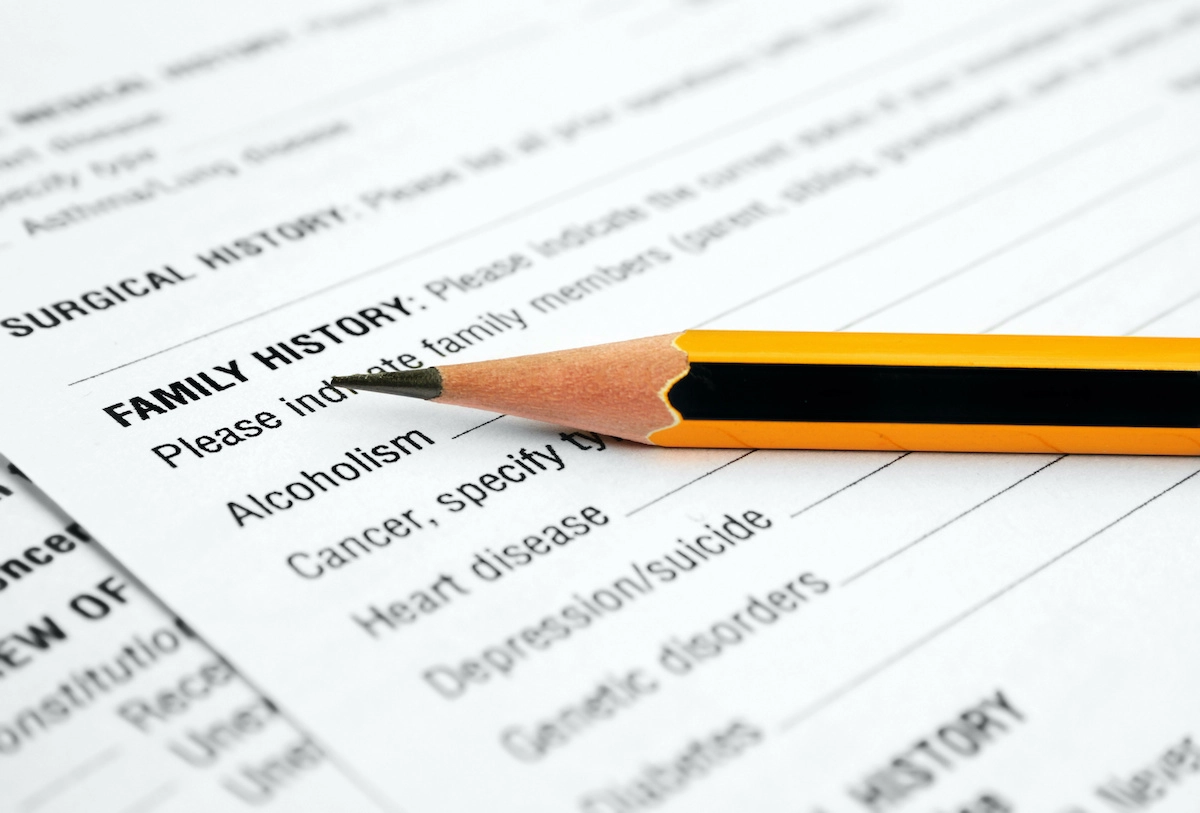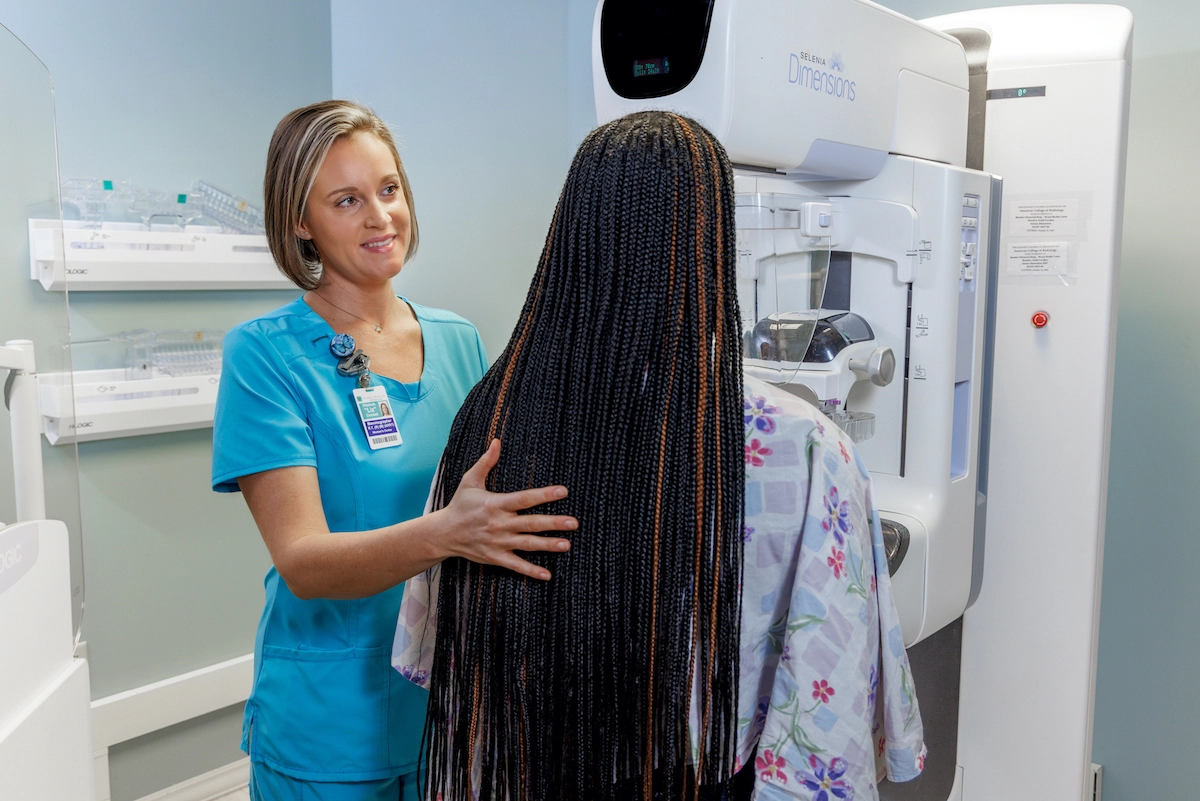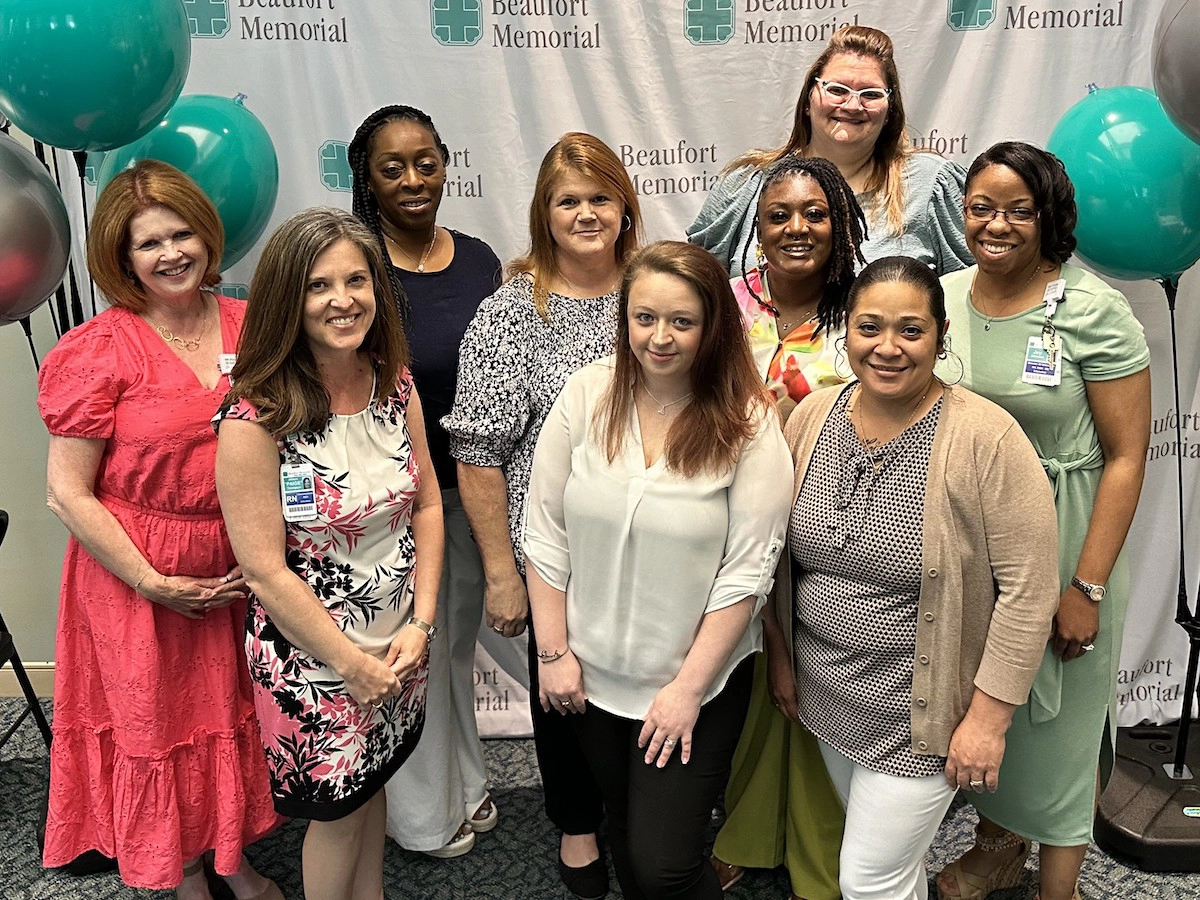
Has your mother or sister had breast cancer? Does your mother, father, sister, or brother have diabetes? Did your mother, father, brother, or sister have colorectal (colon) cancer before age 50? If you answered “yes,” you are more likely to get the same disease as your parent or sibling and should consider earlier screening. Talk to your doctor about when to start screening and what other steps to take to prevent the disease or find it early. Finding disease early can often mean better health in the long run. Family get togethers during the holiday season are a good time to sit down and record your family health history.
Even if you don’t have a parent or sibling with cancer or diabetes, you might be more likely to get a disease if other people in your family have or had the disease. However, having a family health history of a disease doesn’t mean that you will definitely get it. Knowing your family health history risk can help you—if you act on it. Collecting your family health history is an important first step. Whether you know a lot about your family health history or only a little, take time to talk to your family about their health histories. It might not be easy. Your family members might not be used to talking about their diseases or might not want to talk. But starting the conversation is important. Remember, you’re asking not just for your own health, but for the health of everyone in your family.
How to Collect Your Family Health History
- Talk to your family. Write down the names of your close relatives from both sides of the family: parents, siblings, grandparents, aunts, uncles, nieces, and nephews. Talk to these family members about what conditions they have or had, and at what age the conditions were first diagnosed. You might think you know about all of the conditions in your parents or siblings, but you might find out more information if you ask.
- Ask questions. To find out about your risk for chronic diseases, ask your relatives about which of these diseases they have had and when they were diagnosed. Questions can include:
- Do you have any chronic diseases, such as heart disease or diabetes, or health conditions, such as high blood pressure or high cholesterol?
- Have you had any other serious diseases, such as cancer or stroke? What type of cancer?
- How old were you when each of these diseases or health conditions was diagnosed? (If your relative doesn’t remember the exact age, knowing the approximate age is still useful.)
- What is your family’s ancestry? From what countries or regions did your ancestors come to the United States?
- What were the causes and ages of death for relatives who have died?
- Record the information and update it whenever you learn new family health history information. My Family Health Portrait, a free web-based tool, is helpful in organizing the information in your family health history. My Family Health Portrait allows you to share this information easily with your doctor and other family members.
- Share family health history information with your doctor and other family members. If you are concerned about diseases that are common in your family, talk with your doctor at your next visit. Even if you don’t know all of your family health history information, share what you do know. Family health history information, even if incomplete, can help your doctor decide which screening tests you need and when those tests should start.
If you have a medical condition, such as cancer, heart disease, or diabetes, be sure to let your family members know about your diagnosis. If you have had genetic testing done, share your results with your family members. If you are one of the older members of your family, you may know more about diseases and health conditions in your family, especially in relatives who are no longer living. Be sure to share this information with your younger relatives so that you may all benefit from knowing this family health history information.
How to Act on Your Family Health History
Knowing about your family health history of a disease can motivate you to take steps to lower your chances of getting the disease. You can’t change your family health history, but you can change unhealthy behaviors, such as smoking, not exercising or being active, and poor eating habits. Talk with your doctor about steps that you can take, including whether you should consider early screening for the disease. If you have a family health history of disease, you may have the most to gain from lifestyle changes and screening tests.
Source: National Center on Birth Defects and Developmental Disabilities, Public Health Genomics Branch in the Division of Blood Disorders and Public Health Genomics; https://www.cdc.gov/genomics/famhistory/knowing_not_enough.htm
Last Reviewed: May 5, 2023









